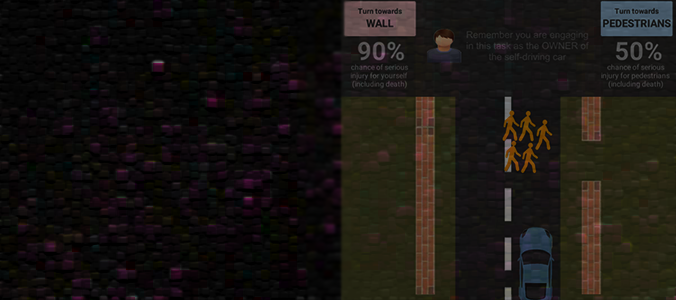|
My research focus is, broadly, in artificial intelligence, large pre-trained models, computer vision, and human-machine interaction. My research focuses on novel AI/ML paradigms enabled by the application of large pre-trained models to visual, robotic, and language tasks. Another portion of my research portfolio studies synthetic data for AI/ML, not only as a means to address the central challenge of acquiring high quality labeled data for training AI/ML, but as a means to enable a next generation of ML that can learn continually, multimodally, and interactively. A third focus of my research is on building socially intelligent machines, with a particular focus on affective computing. I am a computer scientist with a research focus on artificial intelligence and human-machine interaction. I finished a postdoc at the USC Marshall School of Business. I earned my Ph.D. in Computer Science at the University of Southern California. This work was done at the Institute for Creative Technologies with Jonathan Gratch.I received a M.Sc. in Computer Science at the Technical University of Lisbon (IST) with Ana Paiva at the Synthetic Characters and Intelligent Agents Group (GAIPS). |
|||||||||
|
Last updated: Mar 30, 2025 |
|||||||||





